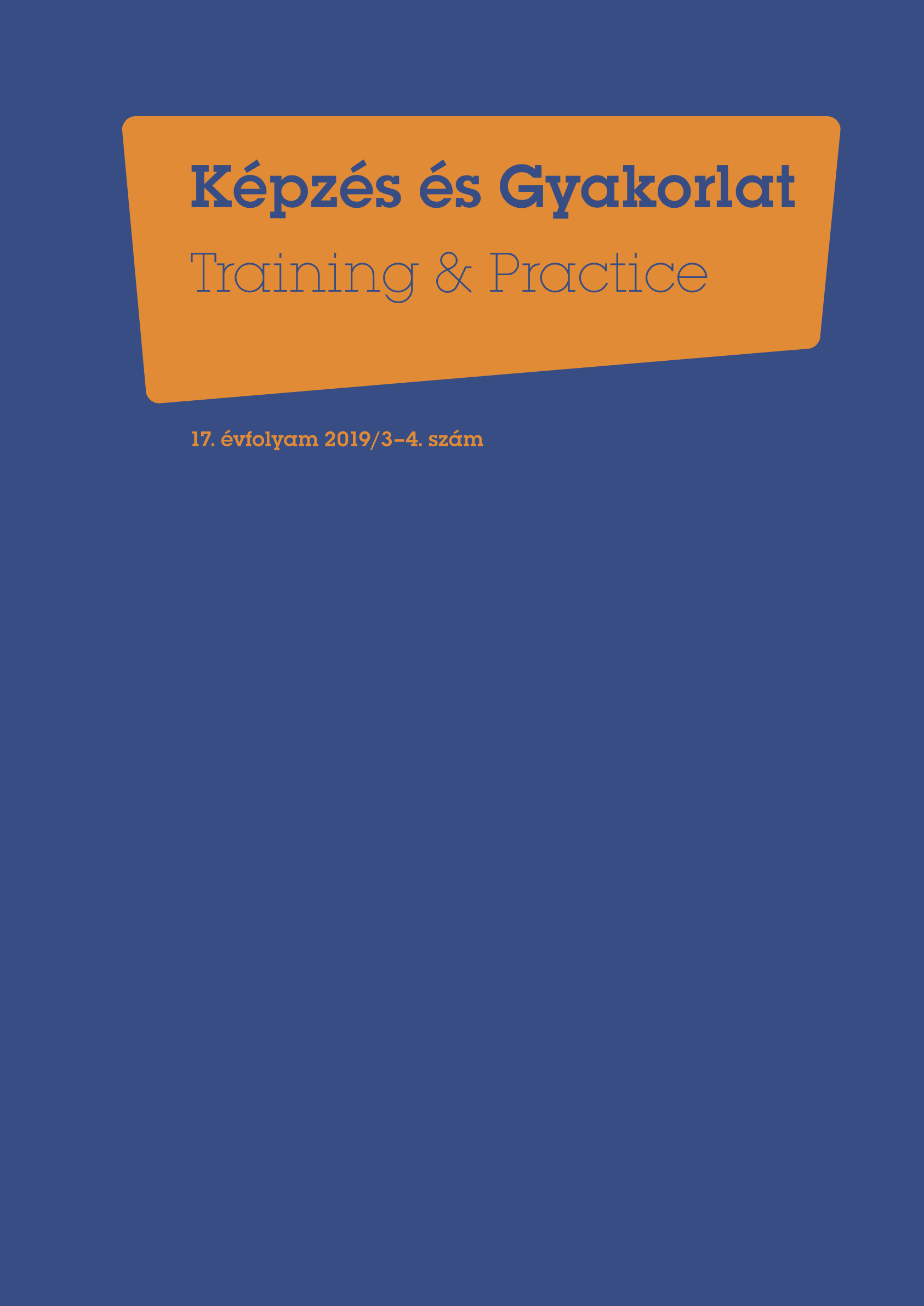How to overcome grave misunderstanding when different cultures meet?
DOI:
https://doi.org/10.17165/TP.2019.3-4.4Absztrakt
When different cultures meet it is usually the members of the other group that are considered rude because they do not behave in a way the first group would expect its own members to behave. Because the strangers’ behaviour is strange and not in accordance with local expectations, it cannot be prognosticated what they are up to, so the locals will grow reserved and suspicious with the strangers. It is undoubted that tensions experienced more and more often in culturally and ethnically increasingly diverse societies of the 21st century pose a great responsibility to educational science. Luckily educational science can effectively contribute towards a peaceful coexistence of rather different cultures. Besides imparting an empathic knowledge of one’s own and the other culture’s traditions it can establish a concept of humankind that recognises the fellow human, even despite different values and habits, and even if their ideology or behaviour appears strange to us.
Hivatkozások
Darwin, Charles (1872). The expression of the emotions in man and animals, London: John Murray. DOI: https://doi.org/10.1037/10001-000
Ekman, Paul & Friesen, Wallace V. (1975). Unmasking the face. A guide to recognizing emotions from facial clues. Englewood Cliffs, New Jersey: Prentice-Hall.
Erikson, Eric Homburger (1971): Identity: Youth and Crisis. London: Faber and Faber.
Freud, Sigismund (1896). Zur Ätiologie der Hysterie und weitere Bemerkungen über die Abwehr-Neuropsychosen. Frankfurt: Fischer Verlag.
Gsell, Francis X. (1955). The bishop with 150 wives: fifty years as a missionary. Sydney: Angus & Robertson.
Hejj, Andreas (2010). Group-size, communication and challenges for the education of global citizens. International Journal of Higher Education and Democracy Request, 1, 72-79.
Hejj, Andreas (2011). Bologna baloney – University, an independent stronghold of free thinking since the Middle-Ages, is in danger. PedActa, 1, 1-12.
Hejj, Andreas (2017a). Az igazi fenntarthatóság az ember természetével szemben is fenntartható elvárásokra épül! [Real sustainability can only work if founded on expectations in accordance with human nature!] In: Csicsek, Gábor, Kiss, Ibolya, & Pincehelyi, Zita Éva (eds.), XII. Kárpát-Medencei környezettudományi konferencia tanulmány kötete. (pp. 82-93). Pécs: University of Pécs, Faculty of Science, János Szenthágotai Protestant Scholars' Union.
Hejj, Andreas. (2017b). Evolutionäre Ästhetik als bare Münze - Zahlt sich Schönheit aus? [Evolutionary aesthetics at face-value. Does beauty pay?] In: Schwender, Clemens, Lange, Benjamin P., & Schwarz, Sascha (eds.), Evolutionäre Ästhetik. (pp. 185-196). Lengerich: Pabst Science Publishers.
József Attila: Ars poetica. (Michael Beevor, translator). In: Babelmatrix : Babel Web Anthology – the Multilingual Literature Portal. [online] https://www.babelmatrix.org/works/hu/J%C3%B3zsef_Attila-1905/Ars_poetica/en/31102-Ars_poetica?tr_id=1056
Mead, Margaret (1944 a). The American troops and the British community. London: Hutchinson.
Mead, Margaret (1944 b). What Is a Date? Transatlantic, 1944/10, 6.
Old 10-Mark banknote: [online] http://www.muenzauktion.info/auction/uploaded/172210972460730.jpg
Orwell, George C. (1949). Nineteen-Eightyfour. London: Secker & Warburg.
Süllwold, Fritz (1988). Zur Diagnose und Theorie von Ethnophilie und Ethnohostilität. Zeitschrift für experimentelle und angewandte Psychologie, 1988/25, 3. 476-495.
Watzlawick, Paul (1983). How Real Is Real? London: Souvenir Press.
Wikipedia: Demon https://en.wikipedia.org/wiki/Demon
Wikipedia: Ruth Stone Wikipedia https://en.wikipedia.org/wiki/Ruth_Stone
Wikipedia: Gillian_Lynne https://en.wikipedia.org/wiki/Gillian_Lynne
Letöltések
Megjelent
Folyóirat szám
Rovat
License
Copyright (c) 2019 Andreas Hejj

This work is licensed under a Creative Commons Attribution-NonCommercial-NoDerivatives 4.0 International License.








